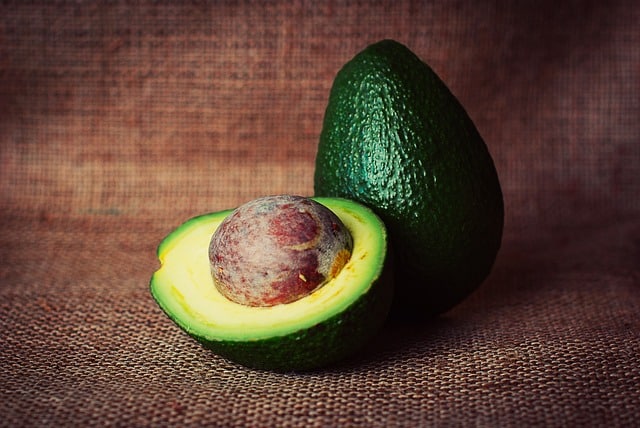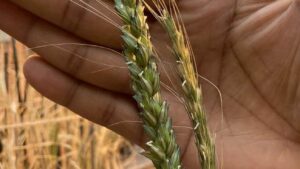Scientists led by the National Laboratory of Genomics for Biodiversity (LANGEBIO) in Mexico, Texas Tech University, and the University at Buffalo in the USA have sequenced the avocado genome. The scientists report their findings in a paper published in the Proceedings of the National Academy of Sciences (PNAS). The study sheds light on the origins of the fruit and lays the groundwork for future improvements to farming.
The study reveals that the popular Hass avocado, which comprises the bulk of all avocados grown and eaten around the world, inherited about 61 percent of its DNA from Mexican varieties and about 39 percent from Guatemalan ones. Aside from the Hass avocado, the scientists also sequenced avocados from Mexico, Guatemala, and the West Indies, which are home to genetically distinct, native cultivars of the fruit. The paper also reports that the avocado went through two ancient polyploidy events. Many of the duplicated genes were eventually deleted, but some developed new and useful functions.
The research provides key reference material for learning about the function of individual avocado genes, and for using genetic engineering to boost productivity of avocado trees, improve disease resistance and create fruit with new tastes and textures.
For more details, read the article in the University at Buffalo News Center.













